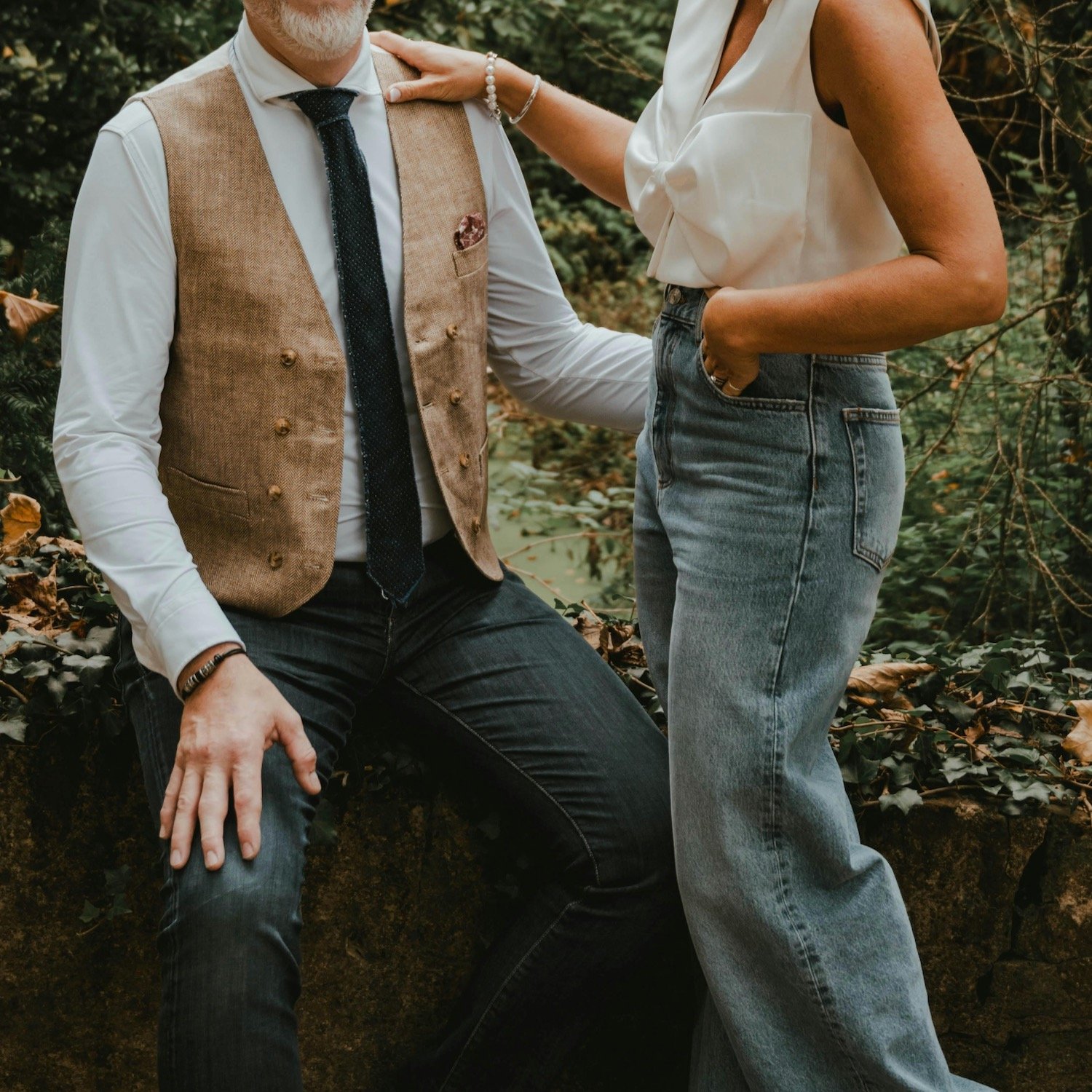I Never Saw Anyone Apologize. Is This How You Do It?
by Vanessa Kass
We are, in so many ways, a product of our upbringing. Good, bad, ugly.
Growing up there was often extreme tension in my house. It got worse when I didn’t meet the expectations, hidden or explicit, set before me. That they were hidden did not matter. That the punishment was often grossly disproportionate to the crime didn’t matter either. The tension between my parents happened for reasons I do not know. What I do know, no matter the behavior, there were never any apologies. None. Never. There were zero attempts at reparation. My parents never apologized to each other. My parents never apologized to me. I’m not sure I knew was apologizing was even a thing.
When you aren’t offered an apology when you are the recipient of unacceptable behavior, the damage is two-fold:
First, you don’t ever learn that the inappropriate behavior is not about you. The lack of apologies growing up was a result of me being a tremendous disappointment. It was my shortcomings that warranted the apology, not their behavior.
Second, you don’t ever learn the basics of how, when or why to apologize.
I had to learn on my own. It was…bad.
“i began by apologizing to everyone for everything.”
I began by apologizing to everyone for everything. Overcompensating to the max. Even the slightest errors were cause for profuse apologies and hours, or days, of butterflies in my stomach. My assumption that people are disappointed or unhappy or upset with me caused me to take blame and offer the repair. This was a repetitive process that happened with friends, family, boyfriends and even professors. It was my default and it wasn’t necessary or helpful. It is a hard lesson.
But now I am married and a mom of three. And I fuck up all the time. As a parent, as a partner. All the time. So finding (read: clawing) my way into figuring out how to take responsibility for my mistakes in healthy (not excessive) ways, and showing my kids that this is something adults do, is paramount.
Blessedly, you don’t need to start from scratch. Dr. John Gottman has spent his life studying this. He even has a handy chart. God, I love charts.
Here’s three things that I have found really help me. It’s nice to have a few solutions, at the ready, when tensions are high. All three of the following are things my husband and I will do in front of our kids, to help them see that parents make mistakes, and they take responsibility:
We can “table it.” This means that one of us says the phrase and we pause the conversation for 24-hours. For me? I learned how to fight dirty. If we are fighting about laundry, sometimes I need to table it so I don’t add in a hurtful barb about a sensitive subject. We have to come back to it within 24 hours. I am almost always calmer and more able to listen the next day.
My mother-in-law gave us a sign that says “laugh.” In the midst of a fight, hold it up or point to it. The sheer absurdity or audacity telling the other person to laugh in the midst of a row is a great diffuser. His parents have laugh signs all over their house. I totally get it now.
We apologize. Lots of “I feel” or “I am sorry” statements. I feel angry when you say this, I lash out and I am sorry. I am sorry I hurt you. Our favorites? Really screwed the pooch on that one. Welp, royally fucked that one up. Sorry. Does this mean the conversation is over? Unlikely. But it’s a measured start.
But we are adults. How am I teaching my kids? Lucky for you, I am human, and have a cavalcade of recent fuck ups from which to choose, to illustrate my tactics in apologizing to my kids when I suck. I won’t bore you with the details of how I sucked, but it probably looks similar to ways you’ve sucked, too.
After a few too many repeated requests and one too many sassy answers and loud sighs, I lost my shit. I mean, also, #homeschoolquarantine. So.
My apologizing to my son after losing my temper was a non-negotiable. Both as a human who hurt someone and as a parent who is trying to raise non-assholes. It took some time. First, I had to calm down. Then I had to stop crying after I realized what I had done. And he, frankly, wanted nothing to do with me for a while. But here’s the thing, we are parents and we are human. Our kids are human, too. They learn by watching us and I really screwed the pooch on this one. When we were able, he and I sat down. I was nervous.
I started simply. I said – I am sorry. I was wrong to yell at you. I think I scared you. That is not ok. I love you. I am sorry. That was it. No embellishment. No justification. My actions. My ownership. My apology. He didn’t say it was ok. He said – thank you. He asked for a hug and then he walked away. I’ll take it.
An apology is not a free pass. It does not erase the words spoken or the hurt caused. But it does allow for reflection, ownership and the promise to do better next time. That is the repair. That is the part that heals and allows the trust to mend. We apologize because the relationship is more important than the problem. And with each royal screw up, we learn. We become better able to handle the inevitable conflict that comes with humans. We are better equipped for the next time(s). For you and your child. For you and any other person. Practice won’t make perfect. But it will certainly help.
“we apologize because the relationship is more important than the problem.”
In my adult life, I have apologized to my children and so many other loved ones. My father has apologized to me. I have watched my in-laws apologize to one another. I have watched them smile or tell an inside joke to begin the repair. I have watched others touch a shoulder or ask for a hug. That first olive branch to mend the hurt. I don’t know if it gets easier because an apology is always ownership, not the transfer of sale. But it is worth it. I have watched my child. I have felt the shift in myself when it has been offered. There is little more healing in the world than a truly sincere apology with the words I’m sorry.
I didn’t see or learn how to apologize growing up. It just wasn’t something I knew how to do. But even then, I knew it was missing and I knew it was important. Maybe my parents felt children don’t get apologies. And I’m sure it wasn’t modeled for them. I get it. But maybe my parents did better than their parents. And I can do better than them.
Vanessa Kass is a writer, teacher and mindset mentor. She lives in Connecticut with her three children, husband, and menagerie of animals. You can find more of her articles here.







